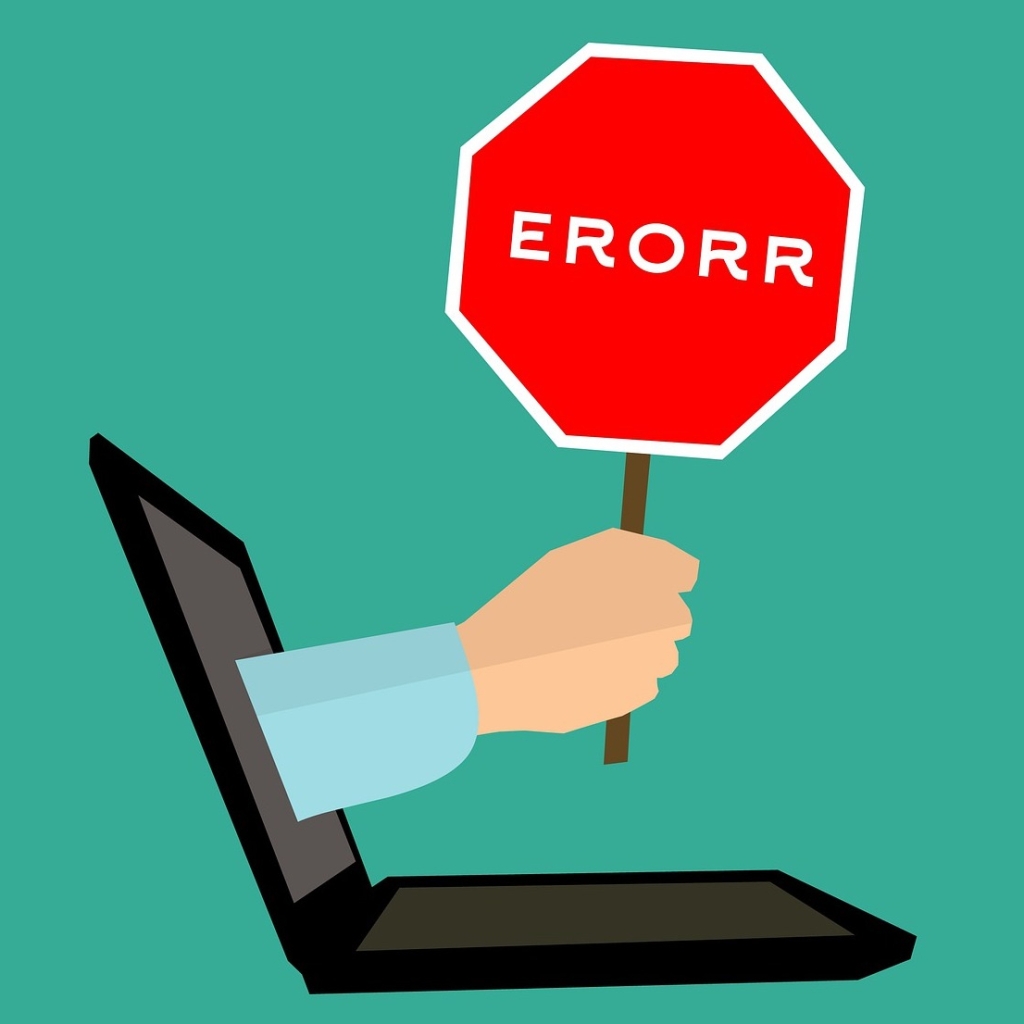This activity started off as a warmer but it got a bit out of control! This was probably because the examples are too good to ignore 😀 You can use it when you have a spare half a class to fill, or if you teach shorter lessons. In the powerpoint, you’ll find a series of spelling mistakes made on Twitter and the students have to try and figure out what the tweeters were trying to say.
Suitable for use with teens and adults, intermediate (strong B1 and B2) and above.
Objective
- To raise students awareness of how incorrect spelling can impair meaning.
- To show students how pronunciation affects spelling (these mistakes show how people have heard expressions and words but never seen them are writing based on how they sound).
- To show that native speakers are often not a good model! (many of these mistakes were written by native English speakers)
- To teach the learners some new vocabulary (you can decide which ones are more useful to your students!)
- Note: there are many expressions and words that the students won’t know, whatever their level. Reassure them that you are aware that they won’t know the majority of the answers, and it doesn’t matter.
Procedure
1. (slide 2) Ask students to discuss the questions in small groups or pairs
2. Get feedback as a class.
3. (slides 3 to 19) Show students the spelling mistakes one by one and ask them, individually, to make a note of what they think they meant to write.
4. Ask students to compare their answers to a partner or in a small group.
5. (slide 20) Show students the correct expressions and words to check their answers. Don’t explain any unknown lexis at this point.
6. (click to reveal question) Ask students to talk together about the meanings, and if they don’t know them, look them up online.
7. Go through the vocabulary as a group, checking their understanding of the meaning. It would also be very useful to refer back to the original mistake, asking the students to analyse why it was made in the first place.
8. (optional) Ask the students to create their own sentences using the vocabulary that is most useful.

